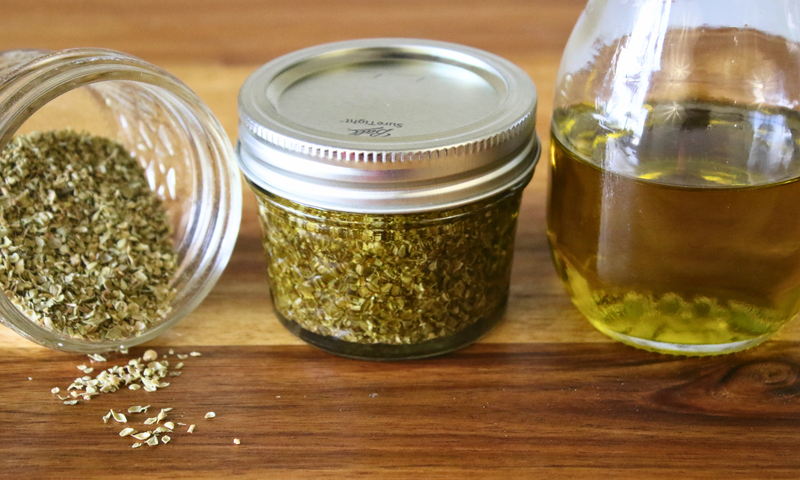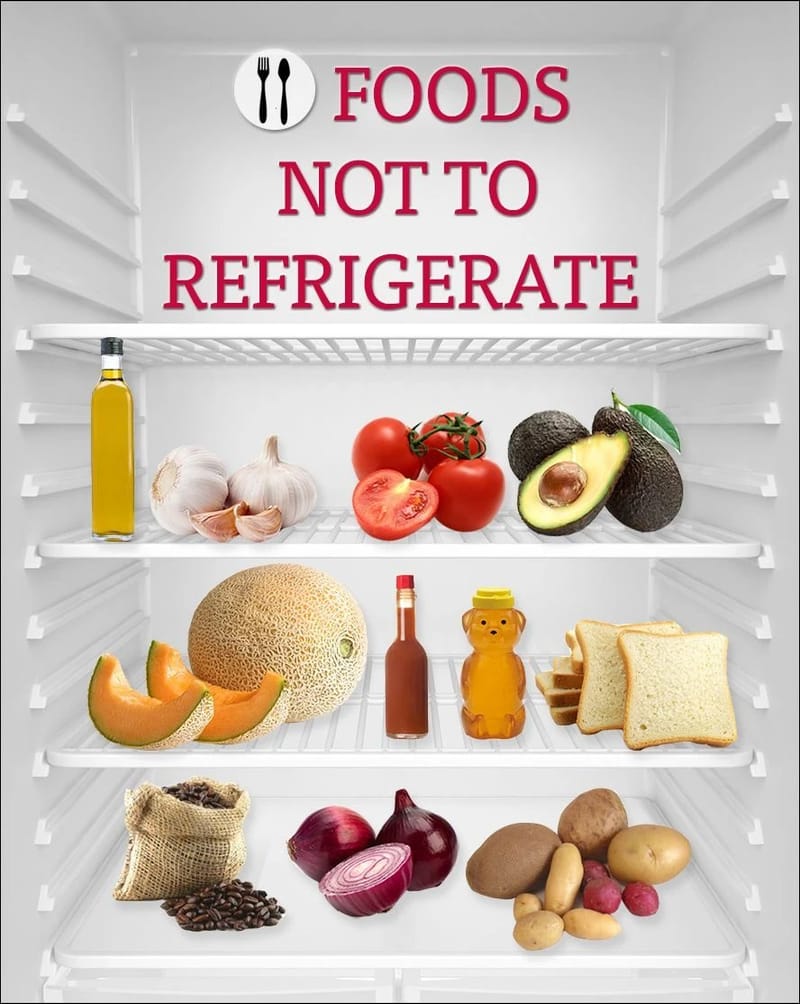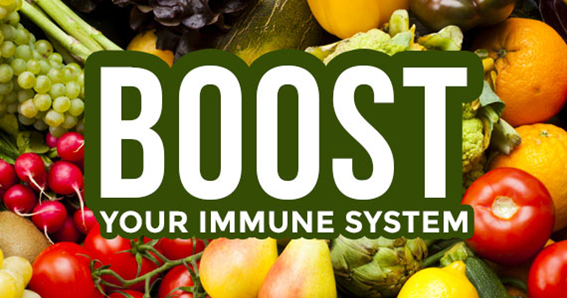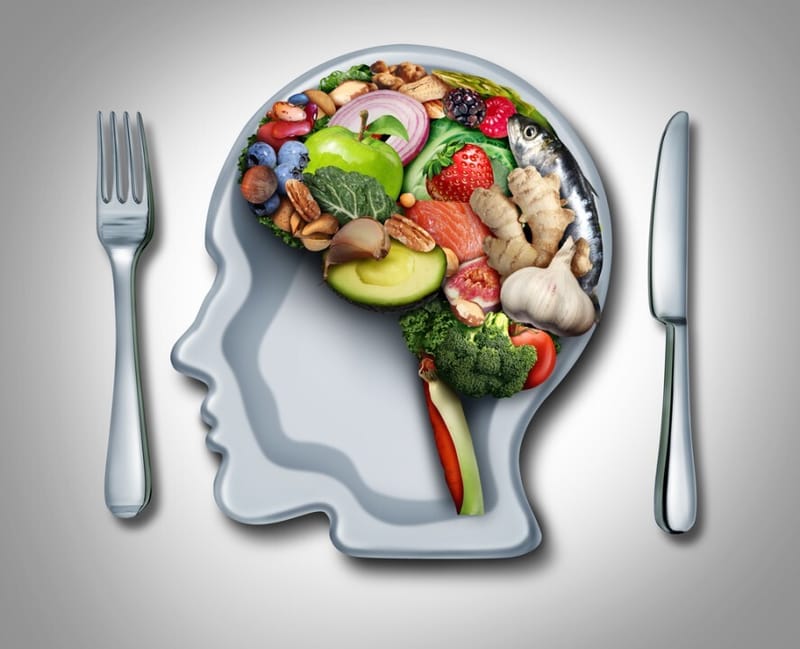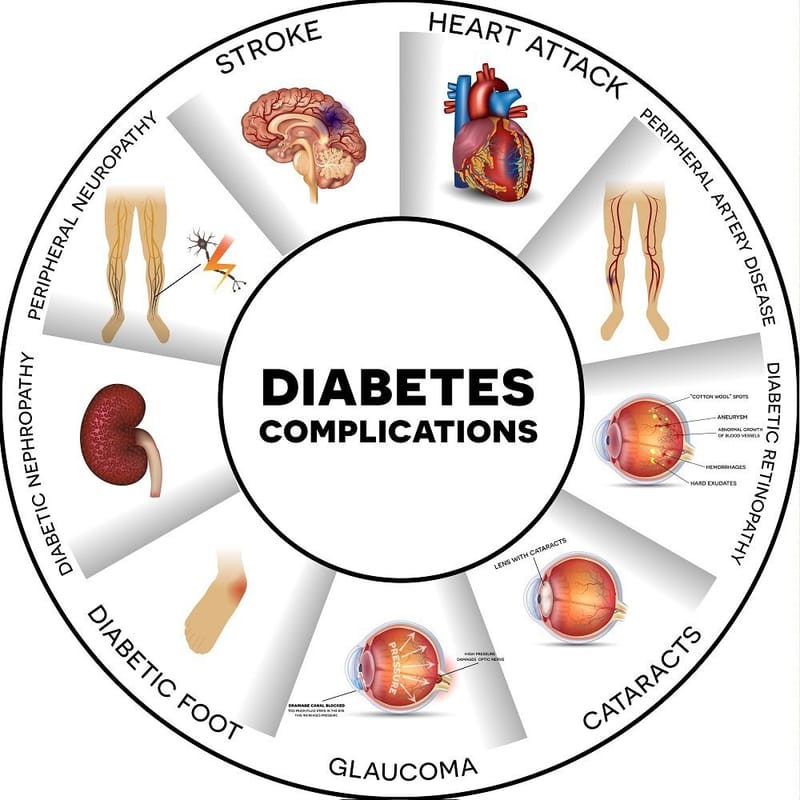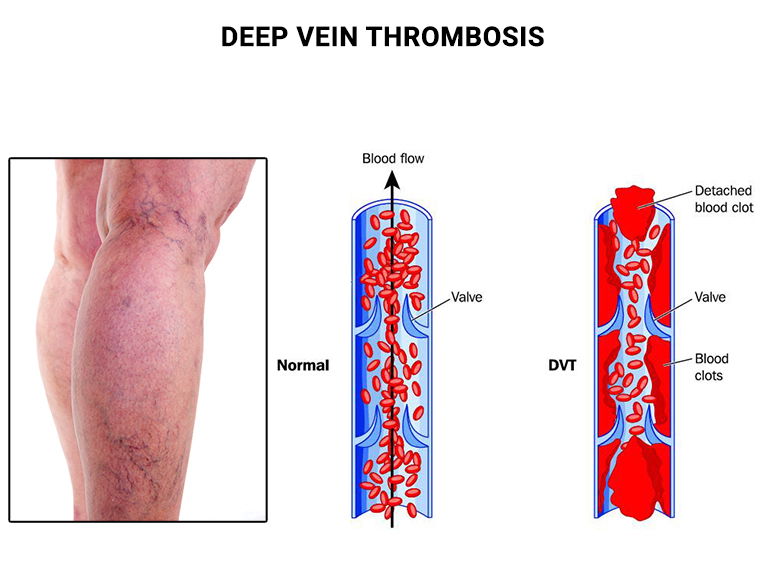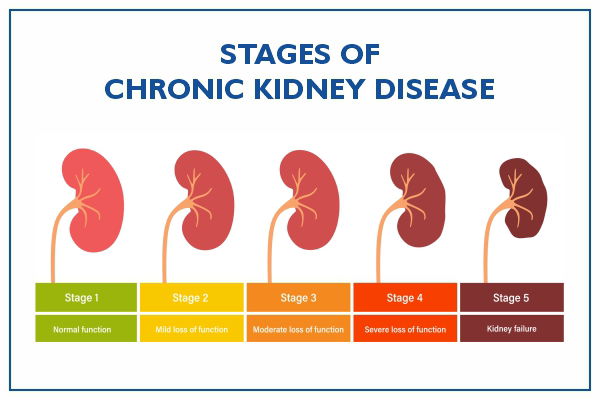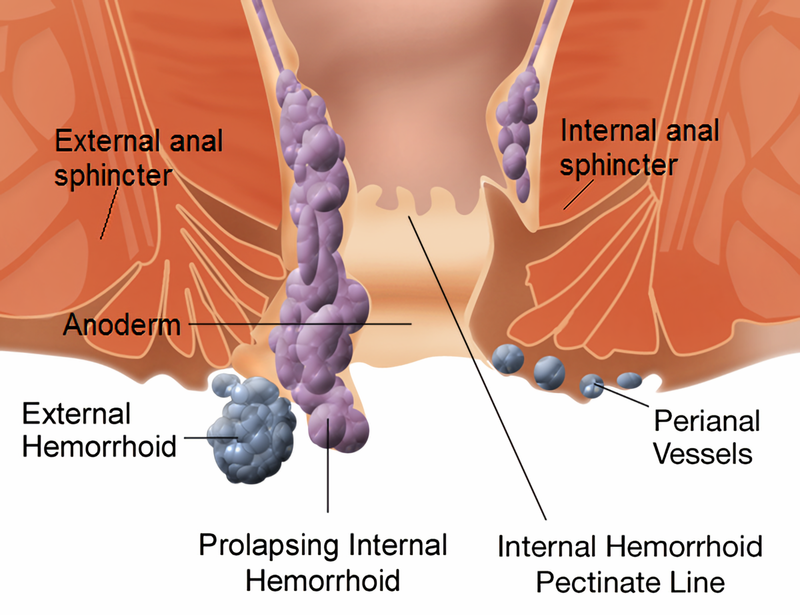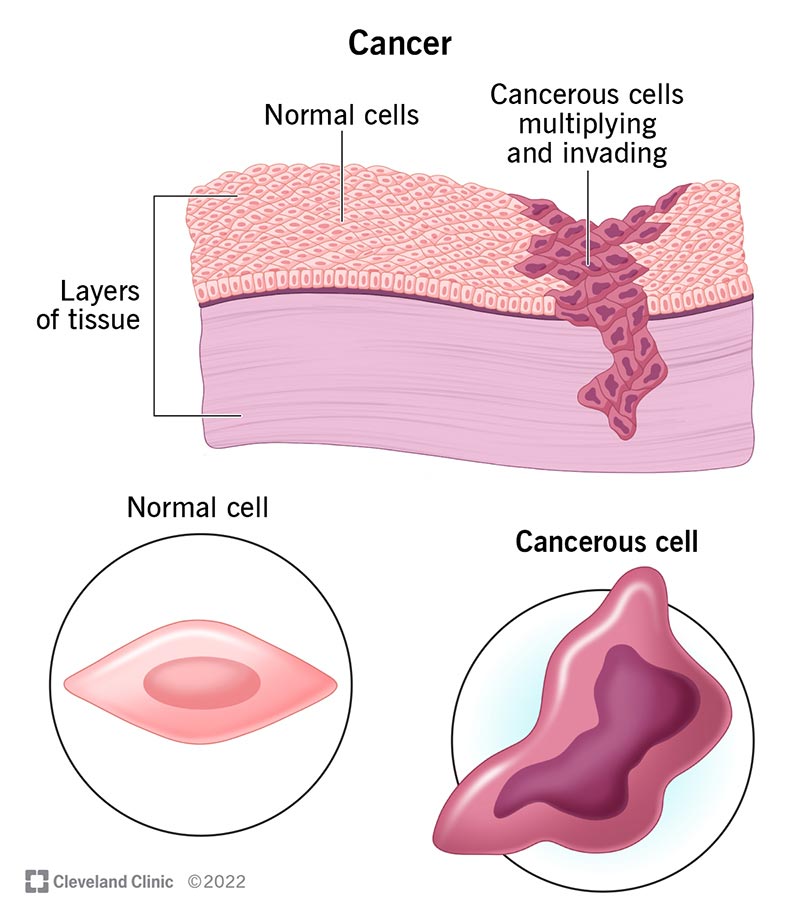health wellness and survival
Making your own body lotion allows you to choose the best ingredients for your skin type and control what goes in and what you want to keep out.
Read MoreCustom-made shoes enable you to select the shoe's style, color, and materials, resulting in a unique and personalized appearance
Read MoreOil of oregano contains two powerful compounds called carvacrol and thymol, both of which have been shown in studies to have strong antibacterial and antifungal properties.
Read MoreWhile it's true that keeping your groceries cool prevents certain foods from wilting, spoiling, or making you sick from not-so-yummy microbial growth, it might surprise you to learn that some foods should not be refrigerated. While tossing them in there is typically safe, you'll experience faster rot, or a deterioration in quality that just isn't worth
Read MoreEating high-quality foods that contain lots of vitamins, minerals, and antioxidants nourishes the brain and protects it from oxidative stress — the "waste" (free radicals) produced when the body uses oxygen, which can damage cells.
Read MoreDiabetes mellitus refers to a group of diseases that affect how the body uses blood sugar (glucose). Glucose is an important source of energy for the cells that make up the muscles and tissues. It's also the brain's main source of fuel. The main cause of diabetes varies by type. But no matter what type of diabetes you have, it can lead to excess sugar in the blood. Too much sugar in the blood can lead to serious health problems. Chronic diabetes conditions include type 1 diabetes and type 2 diabetes. Potentially reversible diabetes conditions include prediabetes and gestational diabetes. Prediabetes happens when blood sugar levels are higher than normal. But the blood sugar levels aren't high enough to be called diabetes. And prediabetes can lead to diabetes unless steps are taken to prevent it. Gestational diabetes happens during pregnancy. But it may go away after the baby is born.
Read MoreBlood clots protect you from bleeding too much if you’re injured or have surgery. However, you may develop blood clots for other reasons, such as having certain medical conditions. When that happens, blood clots may cause symptoms and can be life-threatening.
Read MoreChronic kidney disease (CKD) is when the kidneys have become damaged over time (for at least 3 months) and have a hard time doing all their important jobs. CKD also increases the risk of other health problems like heart disease and stroke. Developing CKD is usually a very slow process with very few symptoms at first.
Read MoreDeuteronomy 28:27 The LORD will smite thee with the botch of Egypt, and with the emerods, and with the scab, and with the itch, whereof thou canst not be healed.
Read MoreCancer is a disease caused when cells divide uncontrollably and spread into surrounding tissues. Cancer is caused by changes to DNA. Most cancer-causing DNA changes occur in sections of DNA called genes. These changes are also called genetic changes.
Read More

